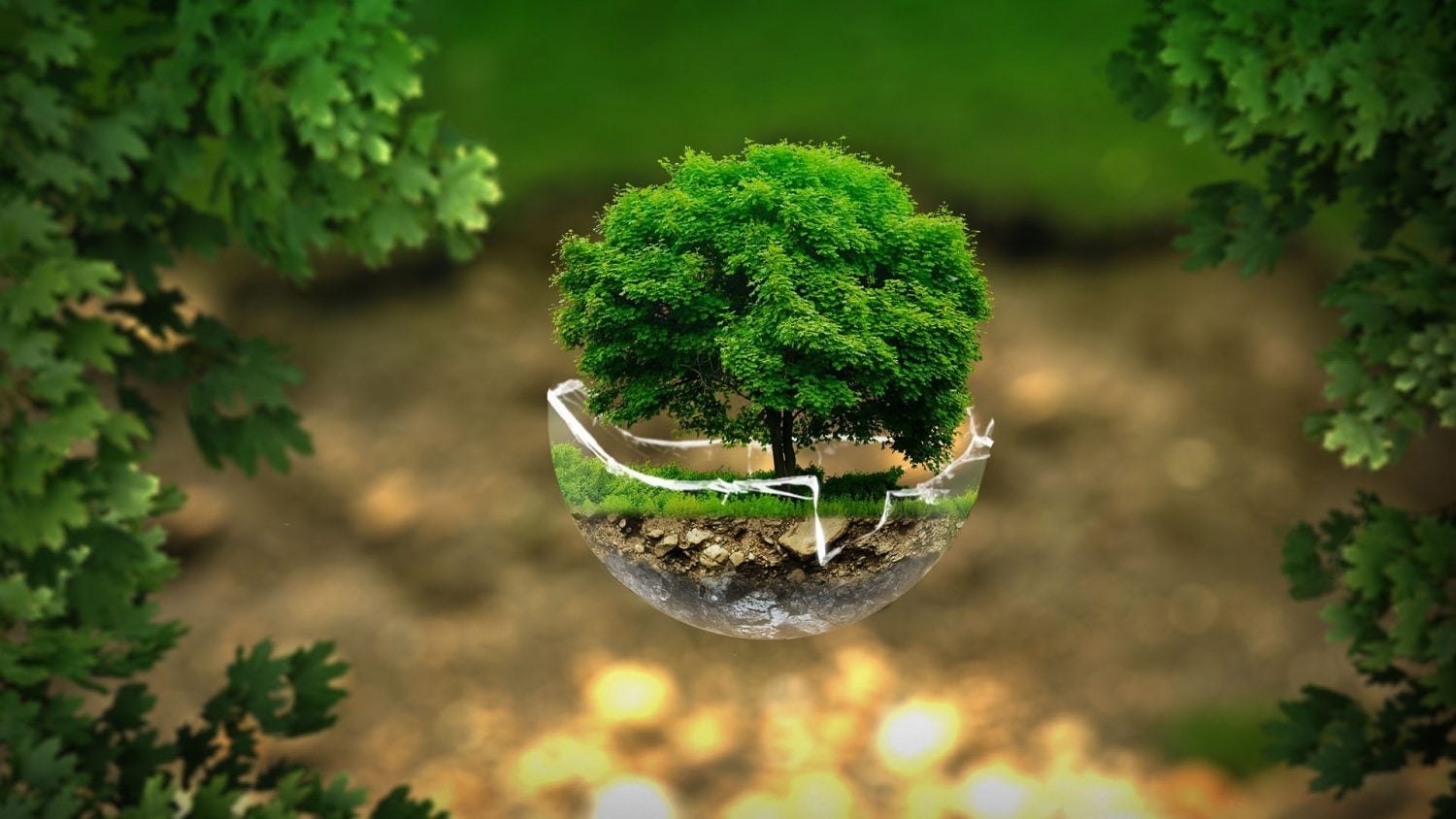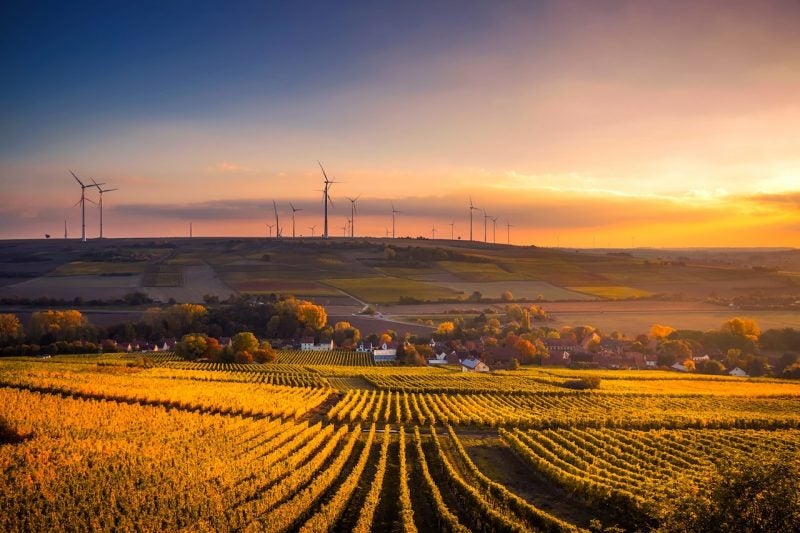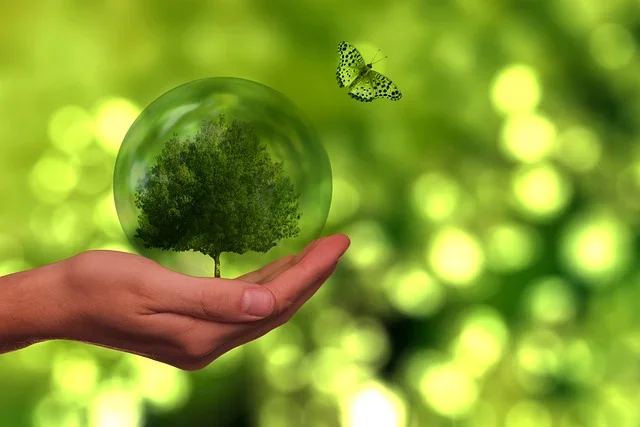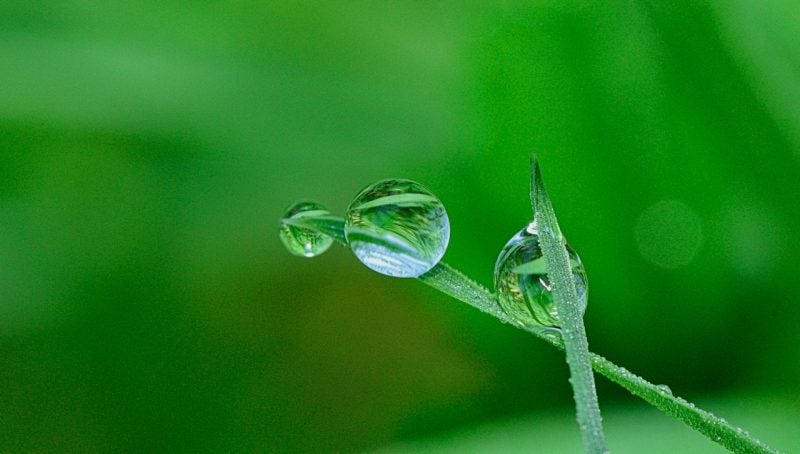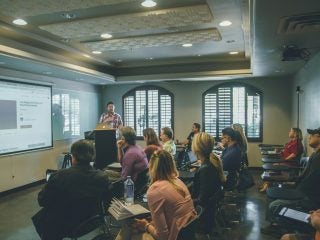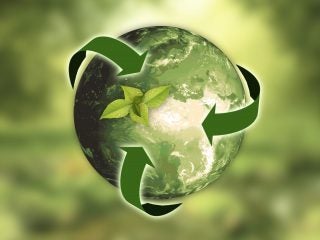Central to our life as Christians is conversion.
This is both an invitation and a grace being offered to us. As Brennan Hill says, “Christian spirituality is a journey on the earth that constantly calls for conversion and maturing” (Hill 1998, 267). Ecological conversion involves a new way of seeing, thinking, feeling, and acting with regard to our environment, deeply connected to the heart of Christian faith (Edwards 2016, 18). Ecological conversion is the clamor of the time. We need a healthy relationship with God’s creation and this is one dimension of overall human and personal conversion. We need to commit ourselves to earth’s healing and to form in us distinctively a vision and commitment for the environment. Without putting our efforts into this, we will surely be at the losing end. As what Sr. Joan Chittister pointed out:
“Unless we begin to align ourselves with nature, nature will be endangered and our own lives with it. Our own souls with it, in fact. We are here as part of creation, not as consumers of it. We are here to care for this planet, not to exploit it. We are here to find our proper place in it, to grow with it spiritually as well as physically” (Chittister 2015)
As long as we are still living, we are involved in the ongoing ecological conversion. The severity of the ecological crises challenge us in a radical way. This generation has no excuse in not facing human-induced global climate change for their action or inaction will determine the future of all life forms. As Sean McDonagh points out, no other generation has had to accept responsibility for the survival of the biodiversity of the planet:
“The task quite simply is to take decisive action to stave off the extinction of species which could sterilize the planet. If this generation does not act, no future generation will be able to undo the damage that this generation has caused to the planet. It is an extraordinary and awesome moment that the behaviour of a single generation of humans can have such a profound and irreversible impact, not just on human history, but on the life of the planet as well” (McDonagh 2004, 151)
Ecological crises impact the human’s fundamental trust of existence and their faith in God. Meneses (2019) said that “The deterioration of our biodiversity mirrors the broken connection of humans to all creation, which bespeaks a loss of purpose and of gradual numbness in sensing God around us”. Saint Pope John Paul II in his World Day of Peace message entitled Peace with God the Creator, Peace with All of Creation in 1990, acknowledged the reality and dire consequences of climate change called ecological crisis a “moral obligation” and urged all people to recognize this obligation to contribute to the restoration of a healthy environment. Moreover, Pope Francis’ Laudato Si’ also speaks of ecological conversion particularly in chapter six of the encyclical:
“The external deserts in the world are growing, because the internal deserts have become so vast” For this reason, the ecological crisis is also a summons to profound interior conversion. It must be said that some committed and prayerful Christians, with the excuse of realism and pragmatism, tend to ridicule expressions of concern for the environment. Others are passive; they choose not to change their habits and thus become inconsistent. So what they all need is an “ecological conversion”, whereby the effects of their encounter with Jesus Christ become evident in their relationship with the world around them. Living our vocation to be protectors of God’s handiwork is essential to a life of virtue; it is not an optional or a secondary aspect of our Christian experience” (LS 217) Saint Francis of Assisi is one of the many figures in history whose ways we can emulate in this journey of ecological conversion. With his inspiration, “we come to realize that a healthy relationship with creation is one dimension of overall personal conversion, which entails the recognition of our errors, sins, faults and failures, and leads to heartfelt repentance and desire to change” (LS 218).
Yes, we need to open our hearts and reclaim the truth that “the deeper attention to creation calls for behavioural change, change in our relationship with the earth, with other people, and with our more distant cousins further back on the Tree of Life. (Feehan 2010, 145) Furthermore, Feehan claimed that tools and insights provided by modern science are unnecessary though they are a powerful help, in order to nurture and develop this growing appreciation in ourselves (Feehan 2010, 145). Likewise, the Catholic Bishops’ Conference of the Philippines (CBCP) in its Pastoral Letter entitled An Urgent Call for Ecological Conversion, Hope in the Face of Climate Emergency, calls the faithful for “a continuing ecological conversion in all our Metropolitan Provinces, Dioceses, Parishes and Basic Ecclesial Communities — to discern the issues and actively care for the earth in personal, communitarian and institutional levels. The voices of faith must be an indispensable part of our continuing efforts at framing the agenda for collaborative ethical action” (CBCP 2019).
Taking all these into heart, as we envision a renewed and integral creation, we always have to go back to and remind ourselves of our relationship with God, the Creator. As Tony Kelly had said in his book The Bread of God “ The most intense moment of our communion with God is at the same time an intense moment of our communion with the earth” (Kelly 2001, 92).
Agreeing to Kelly (2001) that “the living earth is the very womb from within which and out of which we have evolved”, now is the opportune time “to localized environmental principles to ensure that all will realize, in their particular contexts, the need to be a steward of nature” (Keh 2020). We don’t need to look far and think of complicated approaches to respond to this climate emergency. We cannot afford to waste time and energy in acting to this urgency. But we must bear in mind still that “the conscious protection of creation should be “rooted in our common humanity which respects and recognizes the dignity of the person” (De Mesa 2003, 90). Only in this way can we truly give appropriate actions to combat the ongoing environmental destruction.
by Miriam Alcantara
Saint Louis University, Baguio City, Philippines
Check out the Full copy of my research through this link: Theological Beliefs and Attitudes Toward God and the Environment




